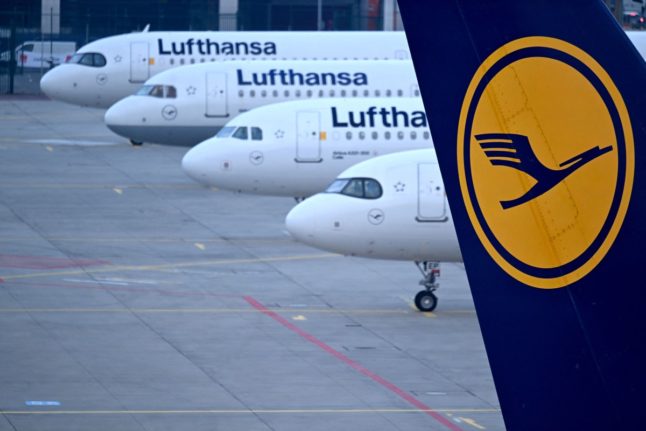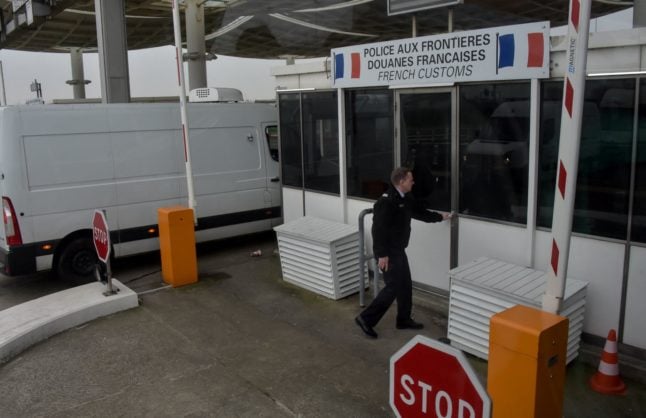The deal between the carrier and the powerful Verdi union came after ground staff staged walkouts in recent months, leading to widespread disruption for air travellers.
After a series of direct pay talks failed, Lufthansa and Verdi entered arbitration this week, leading to Wednesday’s breakthrough.
Details of the deal were not immediately released.
But Lufthansa personnel chief Michael Niggemann said it was a “good compromise with substantial salary increases over the term of the agreement”.
Verdi had been seeking pay rises of 12.5 percent for the roughly 25,000 Lufthansa ground staff that it represents.
The ground staff staged their latest strike in early March, with a two-day walkout that led to the cancellation of up to 90 percent of Lufthansa’s flights. They also walked out in February.
Lufthansa cabin crew, who went on strike at major airports earlier this month, have still not reached a pay deal with the carrier.
But news outlet Spiegel reported that the airline group and the UFO union, which represents cabin crew, are due to enter arbitration after the Easter break.
The airline group earlier this month warned of the damaging impact of the wave of recent strikes, saying they would contribute to heavier losses in the first quarter compared to last year.
Lufthansa also faced a wave of strikes in 2022 by staff pushing for higher wages, leading to them winning hefty wage increases.
The group — whose carriers include Lufthansa, Eurowings, Austrian, Swiss and Brussels Airlines — had to be bailed out by the German government during the coronavirus pandemic.
But it has since bounced back strongly as travel has recovered, prompting unions to argue the airline is not passing on enough of its bumper earnings to its staff in the form of pay rises.
Wednesday’s announcement represents some more much-needed good news for employers in Europe’s top economy, who have faced a tough season of wage negotiations and strikes across many sectors.
This week, German rail operator Deutsche Bahn and union GDL struck an agreement that will see train drivers work a shorter week, ending a months-long row that caused a series of crippling strikes.
The strikes have added to an already gloomy economic picture, with the German economy shrinking 0.3 percent in 2023.
READ ALSO: ‘A difficult road’: Strike-hit German rail operator agrees to shorter work week



 Please whitelist us to continue reading.
Please whitelist us to continue reading.
Member comments